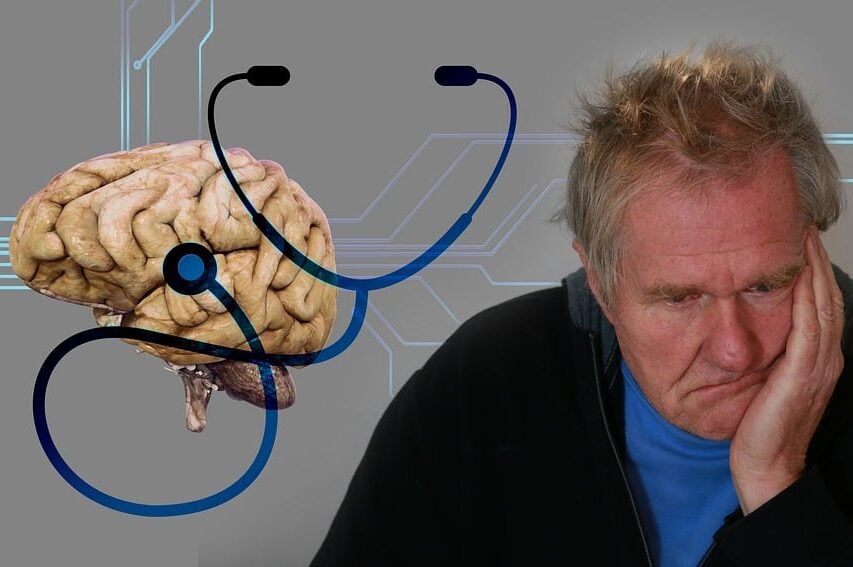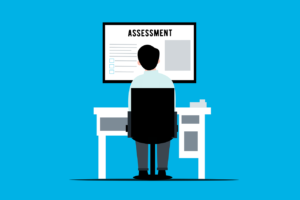What Families Should Know
Receiving a dementia diagnosis can be overwhelming. But new research shows that in some cases, the problem might not be permanent. Scientists have identified a common and treatable condition — hepatic encephalopathy — that can mimic Alzheimer’s and other dementias.
This finding offers hope: in certain situations, memory loss and confusion may be reversible when the underlying cause is properly diagnosed and treated.
What the Study Found
Amazon Books & Videos
about Alzheimer’s and Dementia:
FREE Newsletter:
Researchers analyzed data from nearly 69,000 adults diagnosed with dementia between 2009 and 2019. About 13% showed signs of advanced liver disease, putting them at high risk for hepatic encephalopathy (HE) — a condition where the liver fails to remove toxins from the blood, allowing them to affect the brain.
When the liver’s detox function breaks down, ammonia and other waste products can interfere with brain activity. The result: memory loss, disorientation, slowed thinking, mood changes, and poor concentration — symptoms that often look identical to dementia.
The study, published in The American Journal of Medicine, suggests that thousands of people may be misdiagnosed each year. With proper liver evaluation and treatment, some of these patients can experience substantial improvement in thinking and alertness.
Why It’s Misdiagnosed
Early hepatic encephalopathy and early dementia share the same red flags: forgetfulness, confusion, and reduced focus.
But standard dementia assessments rarely include liver testing. Many older adults also have risk factors for liver disease — diabetes, obesity, or past alcohol use — that go unnoticed.
As a result, doctors may stop investigating once “dementia” fits the picture, leaving a treatable cause undetected.
What Caregivers Can Do
You don’t need to be a liver specialist to help make sure your loved one is properly evaluated. Here are key steps to discuss with your healthcare team:
- Ask for liver screening. Tests such as liver enzymes (ALT, AST), ammonia levels, and the FIB-4 score can detect early liver problems.
- Review medications. Certain drugs can strain the liver or worsen confusion.
- Look for warning signs. Fatigue, tremor, jaundice, or sleep-wake reversal can signal hepatic encephalopathy.
- Encourage liver-friendly habits. Balanced meals, reduced alcohol, stable blood sugar, and good hydration all support liver health — and by extension, brain health.
- Follow up. If liver problems are found, treating the underlying cause can improve cognition and quality of life.
Even if the dementia diagnosis turns out to be correct, you’ll know nothing reversible was missed.
A Message of Hope
For caregivers, this news is empowering. It reminds us that not all memory decline is irreversible — and that pushing for a complete medical work-up can make a life-changing difference.
Science is still uncovering the full connection between liver and brain health, but the takeaway is clear: sometimes, “dementia” isn’t dementia at all.











